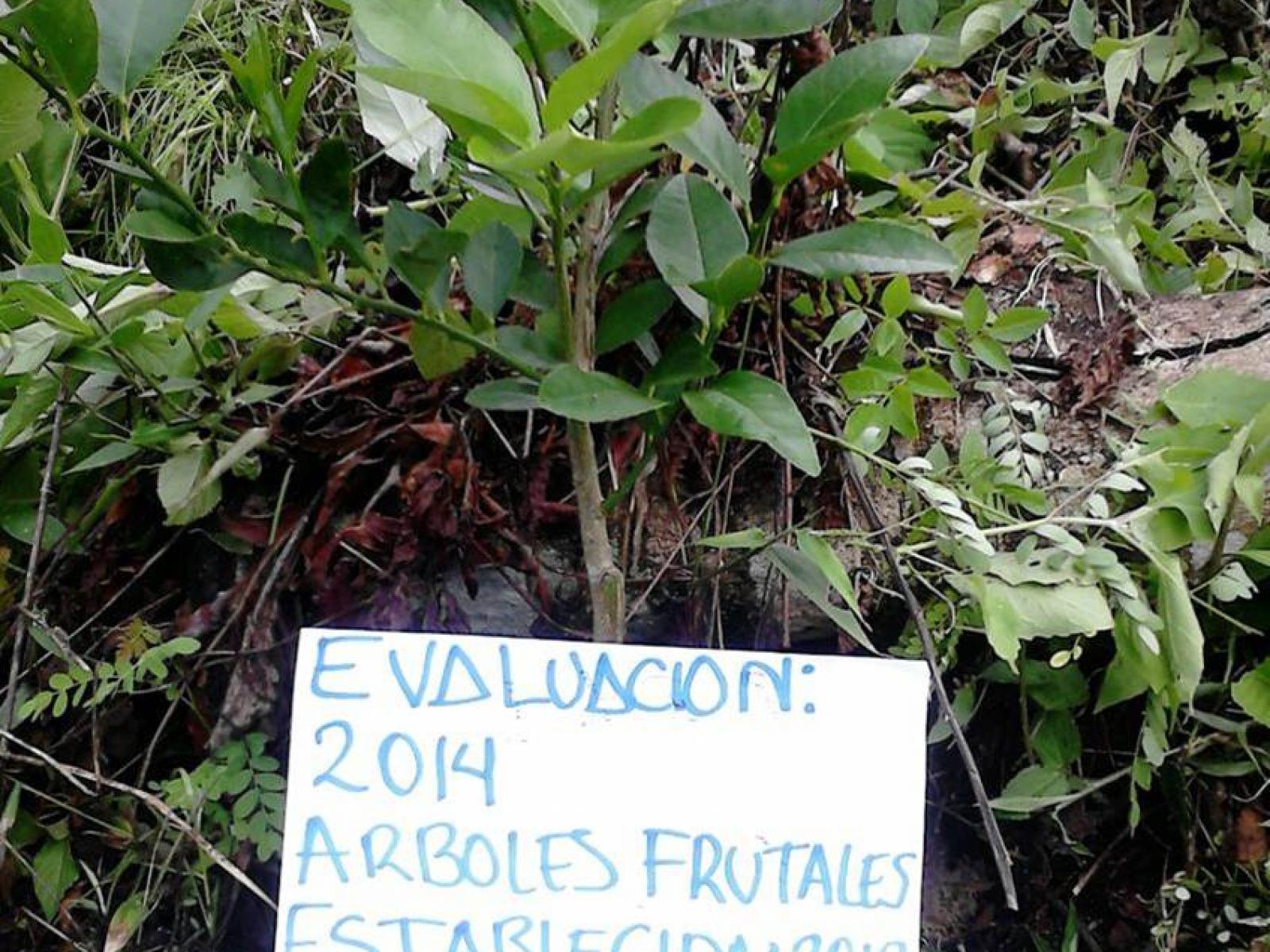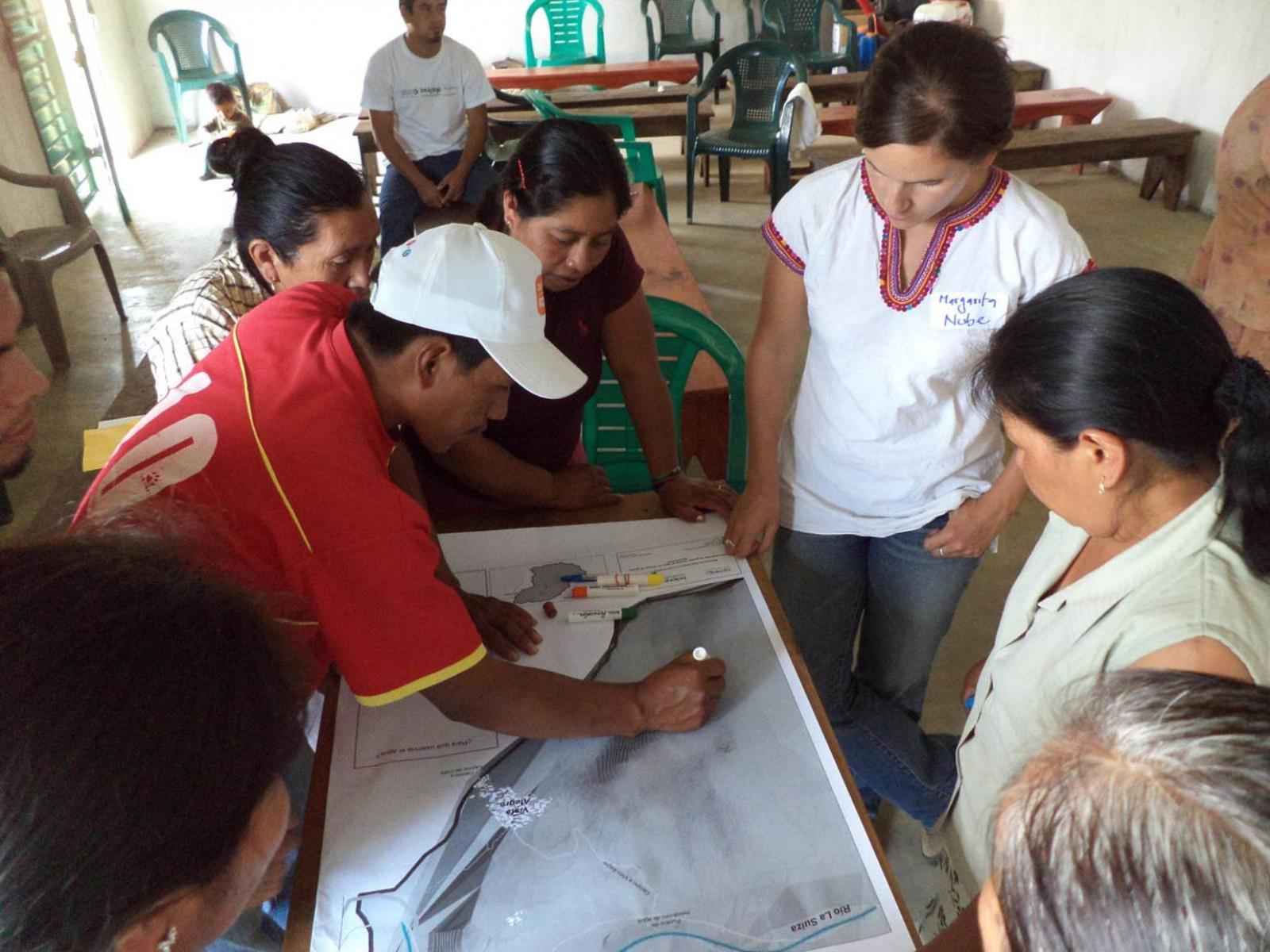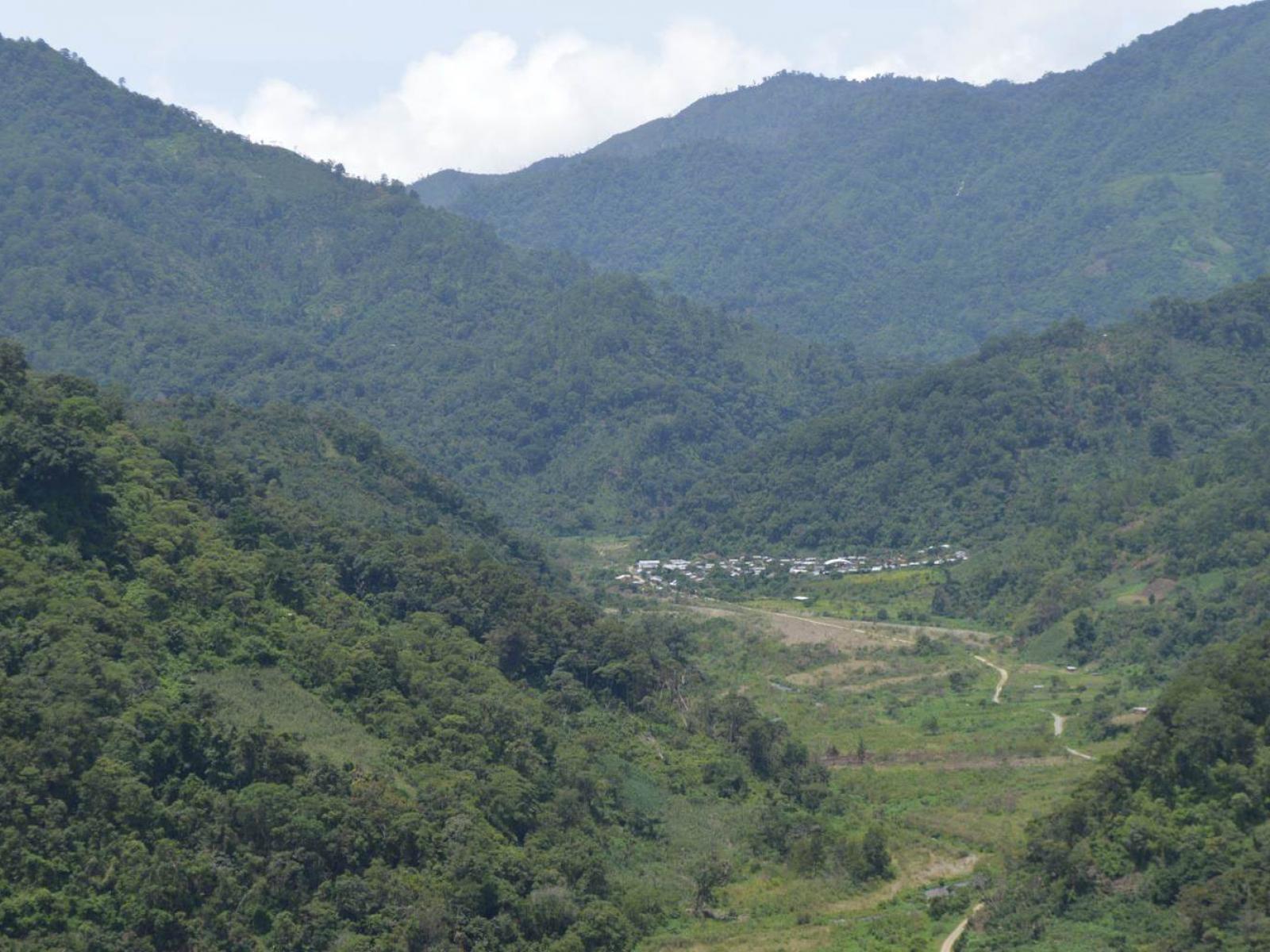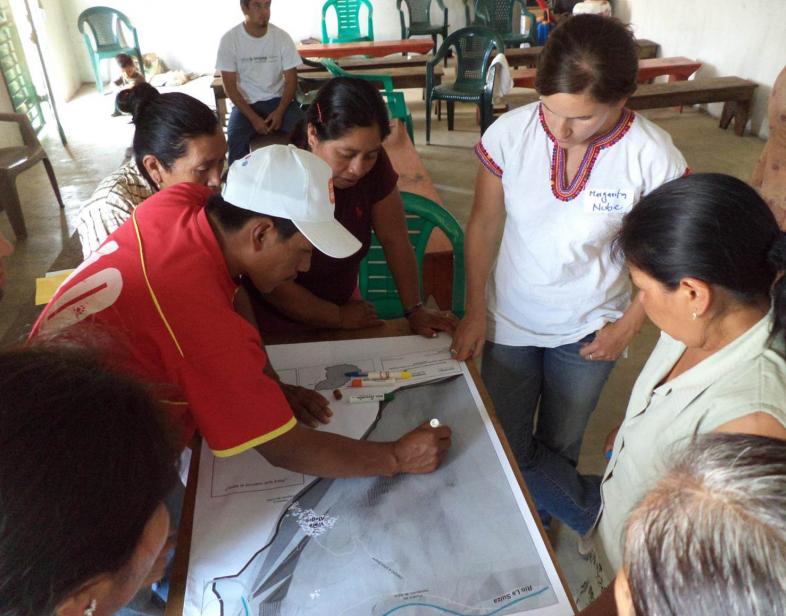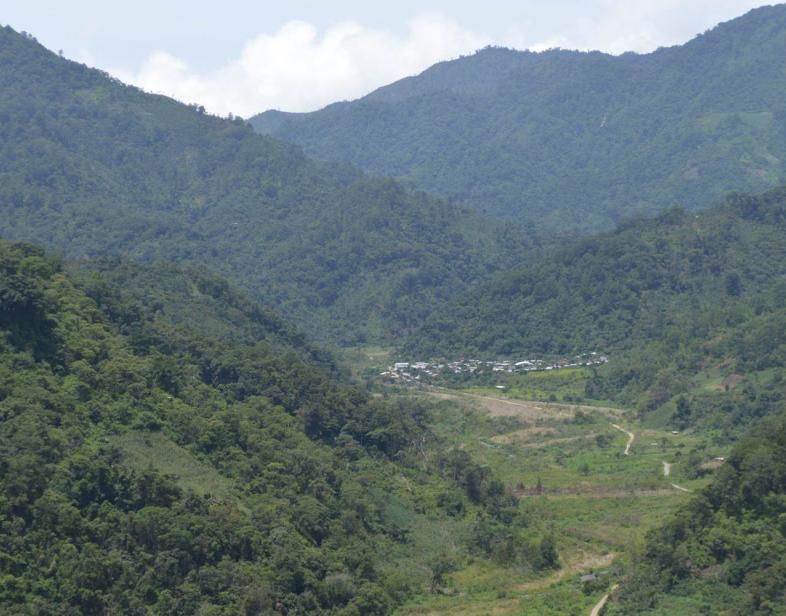An Overview Of Our Solution
Construction of biodigesters for provision of clean, renewable energy to poor people living in rural areas, while preserving environment, decreasing deforestation, improving their sustainable agricultural practices and reducing greenhouse gas.
- Population Impacted: 2000
- Continent: South America
Context Analysis
Economic growth gas boosted rampant use natural resources, resulting in pollution, environmental degradation, climate change, habitat loss, biodiversity loss as well as social ills.. This initiative therefore seeks to address this developmental model.
Northeast faces acute drought and economic decline, characterized by job losses and increase in prices, leading to poverty. Unemployment is rife and continues to rise, leaving a number of people unable to make a living wage. In the midst of this job crisis, younger women and men are now sitting home and idling.
This appalling situation has been identified on a baseline study conducted by CETRA/ASA, where solutions to eliminate these challenges were sought. The piloting of bio-digesters in North east therefore came into being after this experience gained and we amicably agreed upon implementing this project as the best vehicle in the entire transformation process for the benefit of the destitute people in North east.
Describe the technical solution you wanted the target audience to adopt
The Biodigestor Sertanejo is a social technology presented as a tool to manage organic waste, converting manure into biogas that replaces the butane gas for cooking and the wood stove, as well as producing bio fertilizer, thus contributing to the reduction of environmental impacts and generating alternative source of energy.
The Biogas is used in food preparation and can be used for lighting. The bio fertilizer can be used to fertilize fruit trees, vegetables, and in planting corn, beans, manioc, and cassava.
The supply of biogas through bio digesters will focus on the end to the use of charcoal, butane and in the Caatinga trees’ deforestation for firewood collection, and provides inputs for fertilization of the soil. The use of this technology allows taking advantage of animal feces, keeping corrals clean, preventing pollution and avoiding the emission of methane gas into the atmosphere and reducing the greenhouse effect.
Type of intervention
Describe your behavioral intervention
Behaviors we intend to change are: Use of fossil fuels, recurrent deforestation and a change on current manure disposal. With the Biodigestor Sertanejo, we can hit all of the objectives and also give families more time, money and health at the end of the process.
As needed, please explain the type of intervention in more detail
With our intervention, we intend to promote the idea that the abundant and "unpleasant" cow manure, that lies around the farms in brazilian northeast and all the world, can be the key to a profound transformation both local and global. In a practical way, people affected by this project will have cleaner, greener and healthier farms and lifes with more hope.
Describe your implementation
This project is guided on the following principles:
• On the participation of beneficiary families;
• On the didactic importance and energizing experience;
• On collective knowledge construction;
• In rating the capacity of farming families;
• On the promotion of exchange of knowledge;
• From a practical exercise of constructed knowledge.
In the realization of project, the staff will make meetings with the beneficiary families for the presentation of the Biodigestor Sertanejo building proposal. After that, we will hold a training for the mason(s) to build the biodigester. In the building process, the beneficiary family will have to contribute providing non-skilled labor, a meal for the team, sand for the construction and the costs of digging the hole.
Throughout the project development process, the staff will follow-up monitoring and carry out evaluation technical visits. The meetings with the families consist of the first moment of the project, aiming at raising awareness about the technology. The criteria for the households selection are:
• Meet the main conditions to implement a biodigester: biogas necessity, availability of animal manure;
• Interest in implementing the experience on their property;
• Willingness to receive the technicians that will give technical assistance and rural extension in their properties;
• Interest in socializing the information learnt during the development of the experience for the technicians who will accompany the experience.
• Availability to afford the counterpart of the terms of this project.
• Identifying the above criteria, a family registration questionnaire will be applied.
The training aims to develop local capacity to implement the technology in the communities. The training happens in a practical way with the participation of 10 people building a unit of biodigester for one of the families. As a key success factor we count the engagement of communities in every step of the building process.
External connections
1. Projeto Paulo Freire (IPF) will work on technical monitoring, support on the selection process, to contribute with the project propagation, support the process of mobilization, awareness, and the selection of the family. IPF will support the State Government to the diffusion of the technology.
IPF's mission is "educate to transform", giving continuity and reinventing the Freirian legacy in the promotion of an emancipatory education, combating all as forms of injustice, discrimination, violence, prejudice, exclusion and degradation of communities of life
2. The Rural Workers Unions of the 16 municipalities of our working area, which are: 1- Sobral, 2- Massapê, 3- Senador Sá, 4- Coreau, 5- Frecheirinha, 6- Irauçuba, 7- Pacuja, 8- Graça, 9- Reriutaba, 10- Varjota, 11- Hidrolandia, 12- Pires Ferreira, 13- Ipu, 14- Ipueiras, 15- Mucambo, 16- Moraujo. The involvement of this Unions in the projects will be in a way to articulate, mobilize, overview the actions and activities
Who adopted the desired behaviors and to what degree?
The families whom received a biodigester adopted it fully and have become themselves “ambassadors” of that idea among their peers.
How did you impact natural resource use and greenhouse gas emissions?
No more adding of greenhouse gas. We are linking below a video made by Dr. Maurizio Bettiga, Assistant Professor and Researcher at Chalmers University, Sweden, explaining how anaerobic digestion works and how its cycle provides energy without adding greenhouse gases to the atmosphere.
(https://onedrive.live.com/?authkey=%21ACVzQRNtdaXJXGk&cid=39C42C6FEEFEF…)
We also would like to add a field study made by (then) two Chalmer’s bachelor students at one of our very plants on Brazilian northeast. The link is provided below.
(https://onedrive.live.com/?authkey=%21AKMcx-bxxPxPI_g&cid=39C42C6FEEFEF…)
What were some of the resulting co-benefits?
The women in the kitchen suffer no more from smoke in the inside air when cooking. The remaining product after the gas has been produced is a natural fertilizer which is more nutritious than the natural manure. It is used in the ecological plantation in the family´s garden. Also, children gets more free time when they don´t have to be busy with collecting fire wood.
Sustainability
Biodigestor Sertanejo operations are sustainable as long as the family can keep domestic animals (a necessity for the most of the farmer families in the Northeast). With that, there is no more purchasing of LPG-gas. They benefit from free energy for all cooking. Today, this project is relying on funds as a base and from contributions from the families who benefits from the biogas plant.
Return on investment
A family in possession of a biodigester save from not buying commercial fossil gas around 60 BRL per month. At the same time, they are able to produce more crops for the open market and get higher income. This is due to the time saving by not using fire wood. Also, since they are not exposed to ashes and soot, they are less likely to develop respiratory diseases that would require time, money and psychological effort to be overcome.
How could we successfully replicate this solution elsewhere?
By participants from Ethiopia, South Africa and Swaziland, in our training weeks in Brazil, it has been replicated in small projects in two of those countries. To spread information a very useful manual is at hand.
Funds have come from Sweden and Brazil. Marketing is ongoing in Sweden to enlighten people of the super benefits of the biodigester. This is both a social benefit as well as an environmental.
